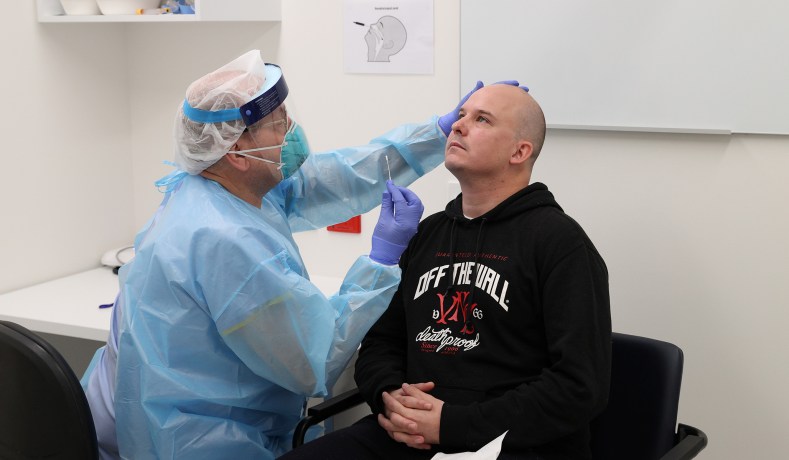
The utilitarian bioethicist Peter Singer does not believe that human life has intrinsic value based simply on being human. Rather, he endorses a “quality of life” ethic in which some of us have greater value than others.
Such discriminatory thinking leads to immoral viewpoints. Thus, Singer is best known for his support of infanticide because, in his view, babies — not yet being self-aware — aren’t “persons.” He also denigrates the moral worth of cognitively disabled people. For example, he has said that people diagnosed as persistently unconscious should have been used as subjects in experiments instead of chimpanzees in the development of the hepatitis vaccine.
It is thus no surprise that Singer endorsed Italy’s age-based discrimination against the elderly during the COVID crisis. Wait a minute! Isn’t COVID more dangerous to the elderly than the young? Yes, and that’s precisely the point of supporting age-based discrimination based on a bioethics system known as disability adjusted life year (DALY). From, “Is Age Discrimination Acceptable?”(my emphasis):
For the past 30 years, the World Health Organization has set its priorities by assessing the impact of illnesses on what it calls “the global burden of disease.” The idea is to learn which diseases cause the most harm, and target them, where that is feasible and cost-effective.
While some diseases are more likely to kill children, others, like COVID-19, pose the greatest risk to older people, and still others are equally likely to kill people at any age. The WHO uses a tool called the “disability-adjusted life year” (DALY) to measure the years of life lost by premature death and the years of life lived in less than full health. The more DALYs a disease causes to be lost, the greater its global burden.
In the DALY approach, the worth of the individual gets lost because the DALY judges populations. It doesn’t just include years of life lost, but adds into the equation years of lost health or vitality. In other words, whether you are dead, disabled, or elderly, it is basically the same in judging costs and benefits. In such a system, the elderly or disabled receive less attention than the young and able-bodied because saving their lives would lead to more people living in ill health or disabilities, and hence, impose a greater burden on society for less of a utilitarian return.
Singer justifies this approach by claiming that medicine isn’t really about saving lives:
We should not be misled by talk of “saving lives.” What medical treatment does, if successful, is prolong lives.
Denigrating attitudes like this explain orders in New York and elsewhere that required elderly patients infected with COVID to be placed in nursing homes, exposing the most vulnerable to infection and death. And we know the terrible toll that caused!
If one believes in the equal, objective value of all human life, that was an abomination. But if one accepts the invidious DALY mindset, such orders made perfect sense because it left acute care hospitals freer to help those with better utilitarian scores.
This is why health-care rationing based on approaches such as the DALY (or QALY, quality adjusted life year) are immoral. These fancy bioethical terms are veneers that obscure blatant medical discrimination that violates every core principle of universal human rights.



